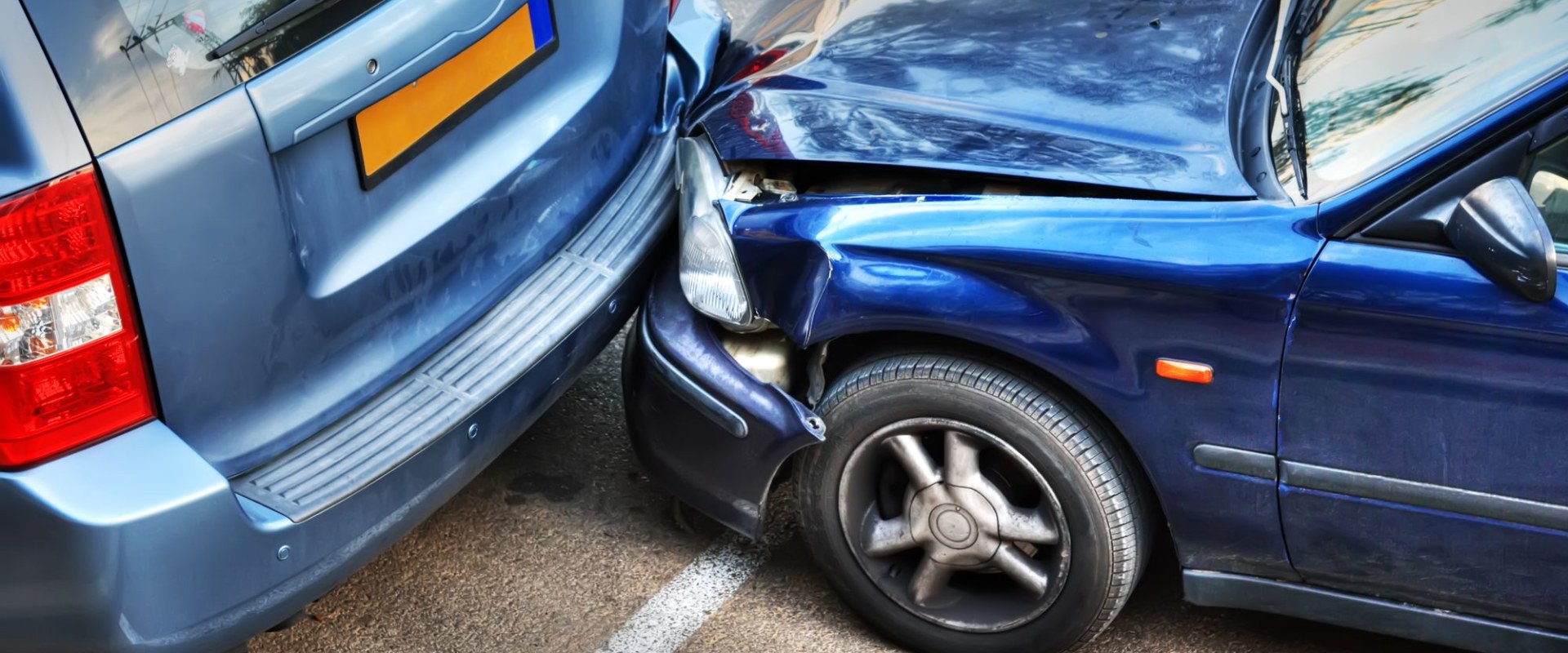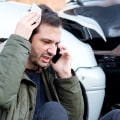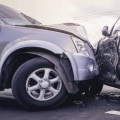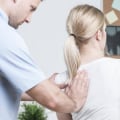Car accidents can be a stressful and overwhelming experience. It's important to stay calm and take the right steps to ensure your safety and the safety of those around you. In this article, we'll provide a comprehensive guide on what to do after a car accident. If you are injured, the first thing you should do is call 911 or ask someone else to do so.
Check the well-being of your passengers and move your body slowly to assess any injuries. Start with the head and neck, since injuries in these areas are the most serious. Visually inspect your legs and arms for blood and a feeling of warmth or pain. Look in the rearview mirror or any other mirror to check for cuts, scrapes, bruises, or blood on your face or other parts of your body.
If another car was involved in the accident, check the condition of the other driver and passengers. Once you've confirmed that everyone is safe, move the impacted vehicles to the side of the road, if possible. Then, you can alert authorities, gather information, and start the claims process. You should also obtain insurance information by requesting to see the insurance card for all vehicles involved in the accident.
Note the date, time and place of the accident, along with the weather and road conditions and a description of the vehicles involved. The vehicles involved in the accident must stay where they are, unless they interfere with traffic. It's always in your best interest to report a car accident involving another driver to your insurance company. Even in accidents involving a minor impact, you can suffer a serious and permanent spinal cord injury.
If you only damaged your own car, there were no injuries, and property damage is minimal, it may be worth skipping a call to your car insurance company.When you're involved in a single-car accident, you'll need to use your own insurance to pay for your expenses. If you are involved in a minor car accident with no injuries and with minimal damage to either of the two cars, you can choose not to file a claim or report the accident to the police.Whether you decide to file a police report or not, it's important to remember that car accidents are extremely annoying for everyone involved. It's easy for those involved to feel nervous, anxious, and disoriented. Avoid accepting any immediate compensation from the other driver or promising that you won't involve insurance.If you are involved in a car accident, the most important concern you should have right away is your safety.
Fortunately, most of them only involve damage to property - that is, damage to the vehicle and not to the occupants.In conclusion, if you are ever involved in an accident it's important to stay calm and take all necessary steps for safety. Make sure to call 911 if anyone is injured and contact your insurer every time you are involved in an accident involving another driver. Gather all necessary information from all parties involved and remember that even minor impacts can cause serious injuries.



